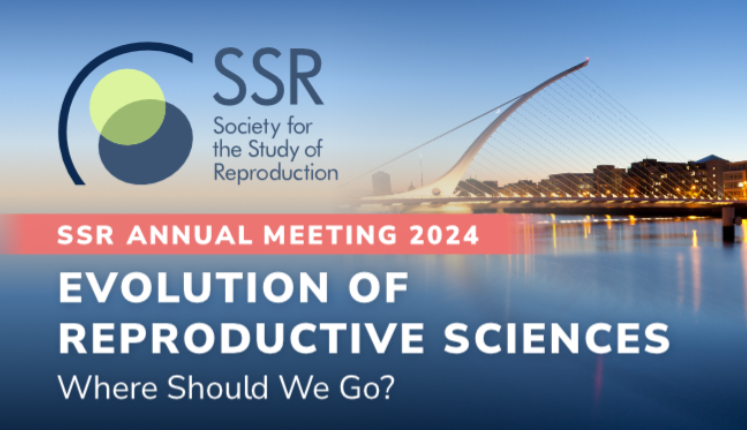Infertility is a major health problem, with approximately 10% of people in the U.S. being affected. About half of cases are thought to have a genetic basis, but the underlying causes remain undetermined in the great majority. Traditional methods for identifying inherited disease loci, such as GWAS, have been confounded by heterogeneity of infertility phenotypes and the large numbers of genes involved in reproduction. There are thousands of potential infertility alleles segregating in populations, residing in diverse processes at all stages of gamete development, most are classified as “Variants of Uncertain Significance (VUS)” due to the lack of functional evidence to determine whether they are pathogenic or benign. Identifying the genetic causes of idiopathic infertility and interpreting VUS in essential fertility genes is challenging but profoundly important for clinical management, genetic counseling, and eventually utilization of genome editing technologies for clinical correction.
Labs working on the genetics of infertility are taking several approaches to identify true infertility variants, inclduing those affecting protein function and expression. The types of approaches including modeling human variants in mice using CRISPR-Cas9, development of in vitro gamateogenesis platforms which could streamline and accelerate VUS evaluation, sequencing of large cohorts of infertile people, computational modeling of variants in proteins, and development of high-throughput platforms for testing gene regulatory variants.



